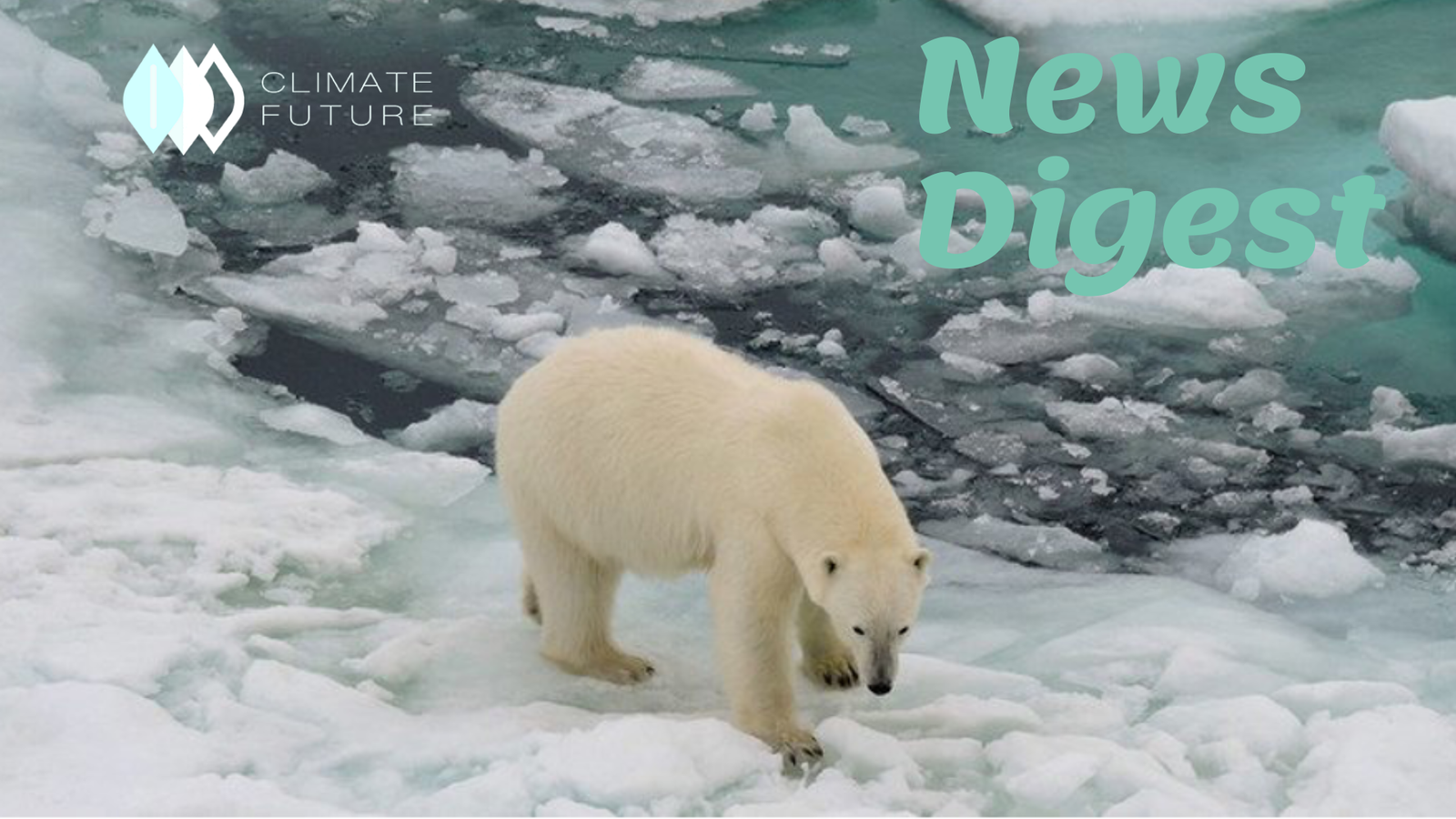COP27: Protecting biodiversity is protecting the Paris agreement
Four of the key architects of the Paris Agreement, including former UN climate change chief Christiana Figueres, have officially asked world leaders to produce an ‘ambitious and transformative’ global biodiversity agreement in the upcoming COP15 on biodiversity. Since the climate and nature agendas are interconnected, it is important to take urgent actions to preserve and halt the loss of nature this decade while moving forward to step up efforts to quickly decarbonize the economy. In this way, the Paris Agreement can be promised to achieve. The UN Environment Program (UNEP) describes that the loss of biodiversity is obviously affecting global and regional changes in climate. Natural ecosystems play an important role in regulating climate and can help to restore the loss of forests, the draining of wetlands and other environmental degradation. The efforts to reduce forest degradation, deforestation and restore ecosystems can have significant effects on climate change. At the same time, biodiversity is affected by extreme weather conditions and temperatures, especially in developing countries. UNEP Goodwill Ambassador, Ellie Goulding launched a new initiative to protect the colonial animals at COP27. Indigenous activists made a strong proof since the beginning of COP27 and they are critical today as the guardians of the planet’s biodiversity.
Keep the 1.5-degree Celsius goal alive, experts and civil society urge on ‘Energy Day’ at COP27
The energy sector which is powered by fossil fuels is mainly responsible for more than two-thirds of global greenhouse emissions. It is accompanied by loss and deep pain to vulnerable communities and ecosystems while this brings transport and electricity to most of the world. According to the International Renewable Agency (IRENA), carbon emissions continue an upward trend and only 29% of global electricity generation is currently made from renewables. Currently the world has warmed 1.1 degrees Celsius since the preindustrial era and that can cause an increase in droughts, storms, floods and crop failures. The UN Climate Change (UNFCCC) Executive Secretary highlighted the importance of curbing global warming to 1.5 degrees as set by the Paris Agreement. Anything beyond a 1.5 rise increase would cause risks to health, food security, livelihoods, water supply, economic growth and human security. The UN climate chief mentioned positively about South Africa’s launch of a multimillion dollar plan to change from coal towards green energy. It is a key global push factor for the transition away from fossil fuels. At the G20 in Bali, a coalition of countries announced that they will be investing $20 billion to transform the Southeast Asian nation to renewable power. According to a scientist and member of the UN Intergovernmental Panel on Climate Change (IPCC), there has been major developments in terms of renewable energy in the past years.
UNICEF launches new child-focused climate initiative to head off disasters
Youth are a major vulnerable population among the most affected group by extreme weather events. Last year, UNICEF’s Children’s Climate Risk Index estimated that approximately 400 million children are at high risk to cyclones currently. During the initial three-year pilot, the initiative will focus on Comoros, Bangladesh, Haiti, Fiji, Mozambique, Madagascar, Vanuatu and Solomon Islands. UNICEF is raising $30 million for this project and inviting private and public partners to join the agency by intensifying the humanitarian financing gap for disaster protection for youth and children. Although extreme weather damage deepens poverty and inequality across generations, previous risk transfer mechanisms do not meet the specific needs of hundreds of millions of youth and children. Today and Tomorrow is the first event-based and pre-arranged climate disaster risk financing mechanism which mainly focuses on the “child protection gap”. It got the full support for the future as granted by the governments of UK and Germany under the newly launched G7-V20 Global Shield against Climate Risks. According to UNICEF, cyclones and the disasters, such as landslides and floods are the fastest-growing category of a major cause of global damages and loss. UNICEF’s research has shown that investments can reduce exposure to negative impacts from hazards and cyclones. These can help to reduce overall climate risk for millions of children. UNICEF urges the governments to take quick action to protect children from climate change and to find fund solutions for those facing damage and loss on critical social services.
Rights experts decry harassment of activists attending COP27
Climate activists and civil society are deeply concerned about the reported acts of intimidation and harassment by Egypt officials which infringe the rights of Egyptians and non-Egyptians human rights and environmental defenders at COP27. They urged Egypt to end all intimidation and harassment to promise the safety and full participation of civil society and human rights defenders. The four experts, appointed by the UN Human Rights Council, monitor and report on issues such as human rights defender’s situation worldwide and the right of everyone to have a clean, safe and healthy environment. The experts have received much evidence and reports of civil society members, including indigenous people, being interrogated and stopped by Egyptian security officers. Furthermore, local human rights defenders could be targeted and are risky for their engagement during the event. The experts are engaging with the UN climate change secretariat and the Egyptian Government on this issue. They are independent of any organization or government and work on a voluntary basis. As the COP27 deadline slips, the UN chief desires negotiations to aim for maximum contribution for loss and damage.



